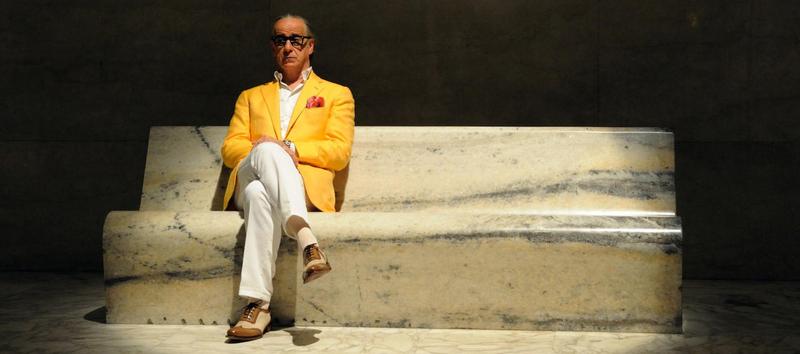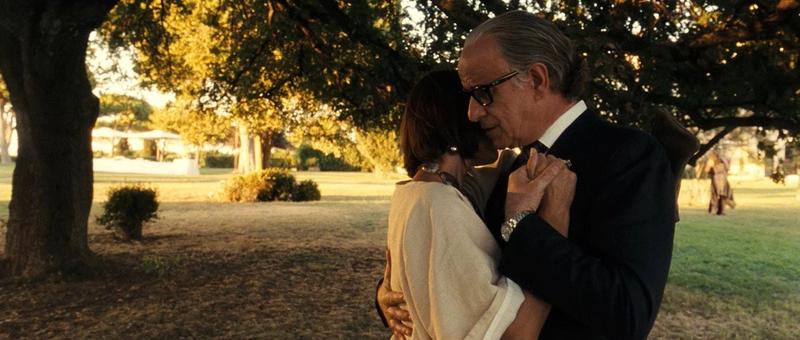
The Great Beauty
A high-flying Roman socialite begins to tire of his lifestyle as he turns 65.
Toni Servillo plays Jep, the dapper writer at the centre of the plot. He’s self-involved but self-aware, and so at home in Rome he never leaves. His life seems to bridge the gap between high culture and the grotesque; artists mingle with strippers, criminals mix with nuns. He lives with the burden of a successful early novel, and the unwillingness or inability to write another.
Sorrentino places him in various scenarios that loosely hang together but The Great Beauty focuses more on aesthetic than narrative. The camera moves slowly through the city, the parties and the scenery. There’s dialogue but it’s used sparingly, an appropriate choice for a film looking to explore the various facets of beauty.

The soundtrack is inspired, it’s almost another character in the film. In fact, Sorrentino’s work on all fronts is masterful; this is easily one of the most beautiful, thoughtfully made films of the last ten years. A true feast for the eyes.
However, it’s a less compelling film in terms of structure. This is, unsurprisingly, a somewhat pretentious film. Perhaps a second viewing would reveal more but the first time round it quickly becomes off-putting. It’s heavy going at times, not always a bad thing, but Sorrentino needs to at least make some effort to draw us in. He is frequently compared to Fellini but Fellini’s films do more work to hold the audience captive.
Instead we are left entirely to our own devices, making the film a taxing experience. Depending on who’s watching, this can be a complete turn off or a minor gripe but either way it’s difficult to ignore.
That said, the gorgeous aesthetics and sound make The Great Beauty a thoroughly worthwhile experience. At worst it’s one of the best looking films you’ll see, at best it could be a profoundly moving experience. For this writer, Sorrentino’s efforts land somewhere in between.